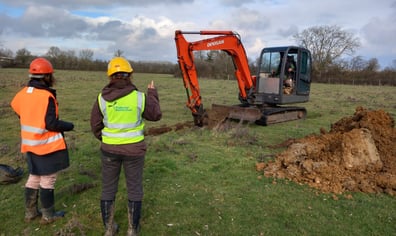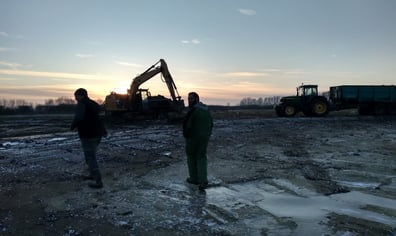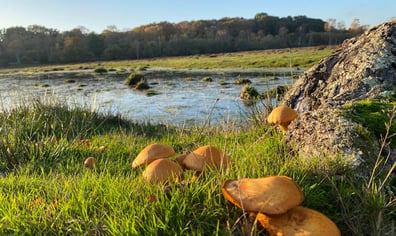About us
Who we are
Freshwater Habitats Trust is a national wildlife conservation charity and our aim is to reverse the decline in freshwater biodiversity. We work to achieve this through practical conservation, scientific research, community engagement and by influencing policy. As an evidence-based organisation, we target our practical delivery work where it will make a real difference. We have projects in many parts of the UK, focusing on restoring and protecting high quality habitats for freshwater wildlife.
Our culture and values
Our organisation has grown significantly since the 1980s – both in numbers and ambition. As we embark on our new strategy of building the Freshwater Network, we remain committed to our roots: we are an evidence-based charity, grounded in science.
We can be proud of our achievements in raising the status of small waterbodies and furthering scientific knowledge of UK freshwaters. However, freshwater wildlife has never faced greater threats. There is more need than ever for Freshwater Habitats Trust: a national charity that is dedicated to reversing the decline in freshwater biodiversity.
Our mission is to reverse the decline of life in freshwater by establishing a new national freshwater network, comprised of healthy unpolluted interconnected freshwater landscapes.
The freshwater network will help us end the easy acceptance that polluted water is normal, that the gradual disappearance of the plants and animals that depend on clean water is just par for the course.
It’s time to repair centuries of damage cause by drainage, industry, agriculture and urbanisation – transforming large swathes of our parched countryside into thriving wildlife rich wetlands, linked by expansive networks of clean water habitats.
It will also be a place for people, where we can enjoy the health benefits of a landscape as it should be: wetter, wilder, better (cleaner), connected – not the polluted, degraded, isolated and damaged substitute for the real thing.
We can make the most of water too – hold back floodwater, keep and add to carbon in wet soils, achieve net gains for biodiversity, reduce the loss of sediments and nutrients from land to sea, stop polluting the water we drink, increase well-being, and give people the opportunity to relax and enjoy nature.








